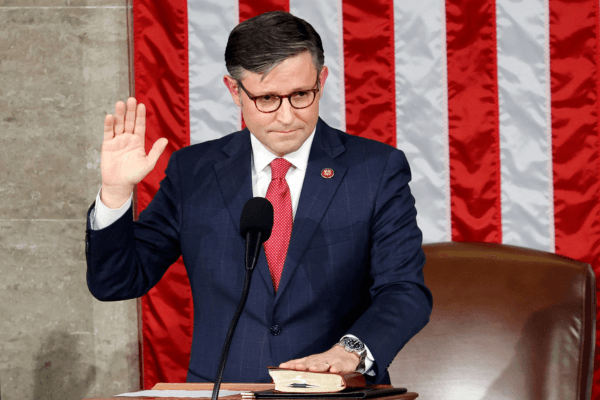Nov 22, 2023
My seminary students are eager to confront the challenge Christian nationalism poses, including its simplistic use and cynical abuse of biblical texts. Christian nationalists wield the Bible as if it were a static authority, perverting its vision of peoplehood to emphasize homogeneity. Yet the biblical writings themselves are characterized by lively exchanges, competing perspectives across multiple generations, and appeals to care for the stranger.
Read the Full Article

Already a subscriber? Login
